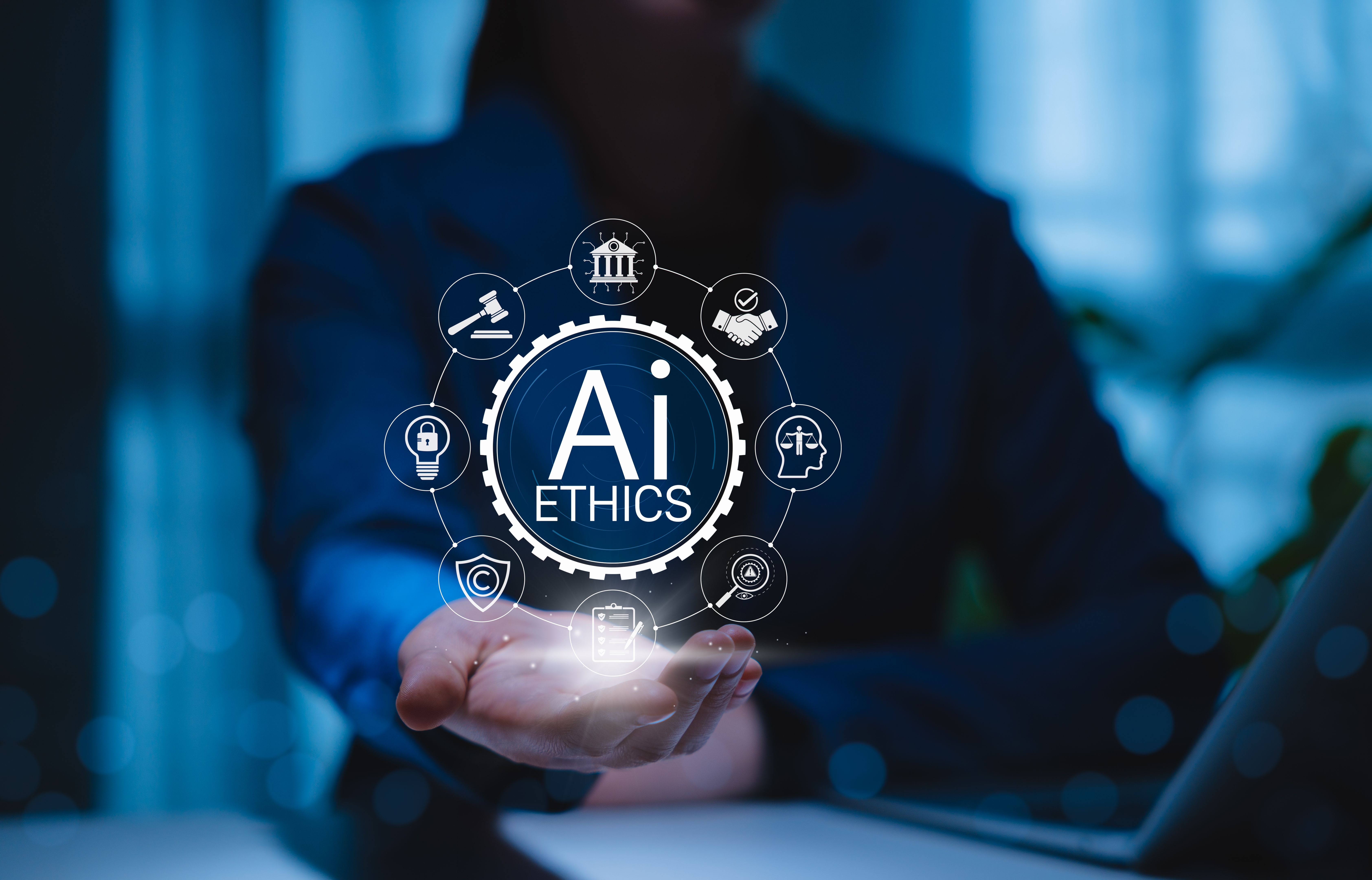Faith and Technology: Is ChatGPT the Like Tree of Knowledge?
Blog 2: Is ChatGPT Like the Tree of Knowledge? Faith and Technology:

The Tree of Knowledge and Modern Curiosity
Genesis 2–3 introduces us to the Tree of Knowledge, a symbol of both the beauty and the danger of human curiosity.¹ When Adam and Eve misused knowledge outside of God’s wisdom, brokenness entered creation. Today, artificial intelligence (AI) such as ChatGPT raises similar questions about the stewardship of knowledge. Technology itself is not inherently evil. Throughout history, tools like the printing press, radio, and the internet have been used to advance the gospel.² Each of these innovations brought both incredible opportunities and significant dangers, depending on whether they were used to glorify God or to magnify human pride. AI now sits within this same tension. Yet AI also carries risks. As recent reports have revealed, AI can contribute to harmful outcomes when misused, from spreading misinformation to worsening mental health struggles, especially among young people.³

Technology as Tool and Temptation
This reality shows us that technology, like the Tree of Knowledge, can be both blessing and curse depending on how it is used. For Christians, the key question is not whether we can use AI, but how we use it. Discernment is critical. Artificial intelligence can be misused for idolatry, distraction, or deception, but it can also be redeemed for discipleship, pastoral counseling, and evangelism.⁴ Just as Paul warned in 1 Corinthians 6:12 that “all things are lawful for me, but not all things are helpful,” Christians must evaluate whether their technological engagement serves Christ’s mission or merely feeds worldly desires.

Wisdom as the Guiding Principle
Ultimately, Proverbs 9:10 must remain the guiding principle: “The fear of the Lord is the beginning of wisdom.” When technology is guided by God’s wisdom, it becomes a servant rather than a master. Christians must ask themselves before engaging with AI: Does this glorify God? Does this deepen my walk with Christ? Does this help me love my neighbor? By answering these questions faithfully, we anchor our use of technology in God’s purposes rather than human pride.⁵

Practical Application: For believers navigating this digital frontier, one helpful practice is to create a “tech rule of life.” Just as monastic communities established rhythms of prayer and work, Christians today can establish boundaries for technology use. This may include designating “screen-free” times for prayer and family, committing to fact-check sources before sharing online content, or intentionally using AI tools only for tasks that promote spiritual growth, such as generating devotional prompts or sermon outlines. Setting these boundaries ensures that technology remains a tool that points us back to Christ rather than a distraction that pulls us away from Him. Over time, these habits cultivate wisdom and remind us that, unlike Adam and Eve in the garden, we are called to choose obedience to God above curiosity without restraint.
Footnotes
1. Genesis 2–3 (New International Version).
2. Elizabeth L. Eisenstein, The Printing Press as an Agent of Change (Cambridge: Cambridge University Press, 1979), 3–7.
3. Clare Duffy, “OpenAI Faces Lawsuit Alleging ChatGPT Contributed to Teen’s Suicide,” CNN, August 26, 2025, https://www.cnn.com/2025/08/26/tech/openai-chatgpt-teen-suicide-lawsuit.
4. John Dyer, From the Garden to the City: The Redeeming and Corrupting Power of Technology (Grand Rapids, MI: Kregel, 2011), 45–52.
5. Proverbs 9:10 (English Standard Version).
6. Tony Reinke, God, Technology, and the Christian Life (Wheaton, IL: Crossway, 2022), 112–16.
